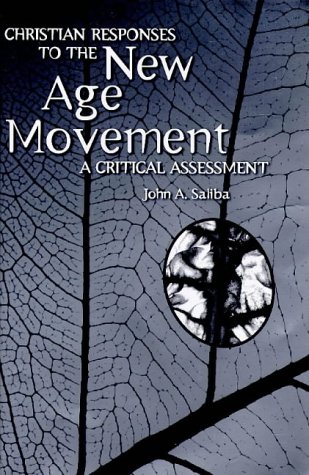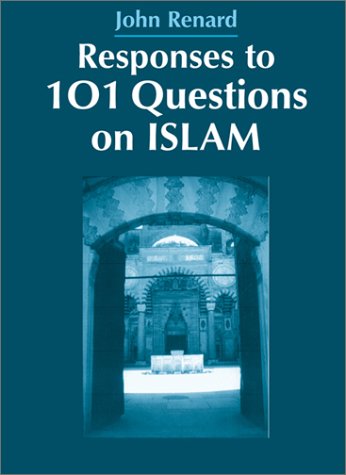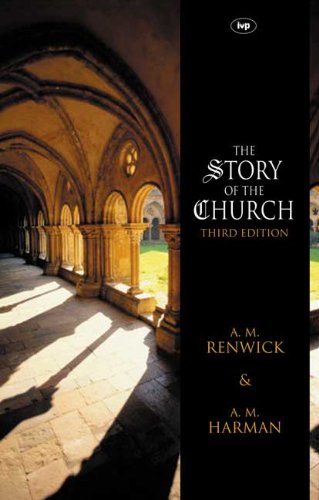Introduction to Contemporary Theologies
Written by L. Miller and Stanley J. Grenz (eds) Reviewed By Paul BlackhamTwentieth century academic theology may often seem strange and intimidating to the average evangelical student, but this book is worth ten times its weight in gold as a guide to these diverse thinkers. Each chapter presents one major theologian who has made a significant contribution to a significant area of theology. To pick three chapters: John Hick represents Global Theology: the Niebhur brothers represent Christian realism: and Karl Barth represents getting back to basics.
What sets this book apart is the way in which the authors provide an outline biography of each theologian, putting their thought into the context of the personal and historical issues that they faced. This helps the readers to sympathise with each theologian, rather than keeping their thought at arms-length. However, Miller and Grenz conclude each chapter with a page of (often brilliant) theological critique.
Having clearly and fairly presented each theology, the authors direct our attention to the ways in which other theologians have responded to the issues. My favourite example was William Platcher’s comment on Pannenberg’s approach to reason and hope: Reading Pannenberg, one admires his erudition and one learns from his insights. However he seems to live in a world where some significant paradigms can be assumed: a world where Western tradition as a whole remains essentially unproblematic. One may envy that world or hate it, feel nostalgia for it, dream of restoring it or dismiss it as good riddance. But many of us trying to write theology in this country find it to be a world in which we do not live (140–41).
Many sections of the book are a real delight. In the chapter on Bultmann (‘Jesus Christ and Mythology’), we are treated to a summary of the contrast between Oscar Cullmann’s biblical theology and Bultmann’s theology. The chapter on Moltmann (‘Hope in the Midst of Suffering’) brings us into the inner coherence of Moltmann’s doctrine of God: why Moltmann is so offended by classical monotheism.
Many books that try to guide us through modern theology are too selective and/or too quick to pass judgement. This book shows us the whole range of theologies, from the sublime to the ridiculous, but in each case we are helped to see each theology from within. The chapter on Gustavo Gutierrez (Liberating Praxis) is so compelling because we are shown liberation theology through the personal struggles of Gutierrez, and we can see why dry, theoretical critiques of liberation theology fundamentally fail to understand what it is all about.
Although there are more typos than average (Schleiermacher’s dates are given as 1768–1864!!). this is an excellent book. It provides an accurate overview of contemporary theologies in a fairly short and very readable paperback.
Paul Blackham
All Souls, London







